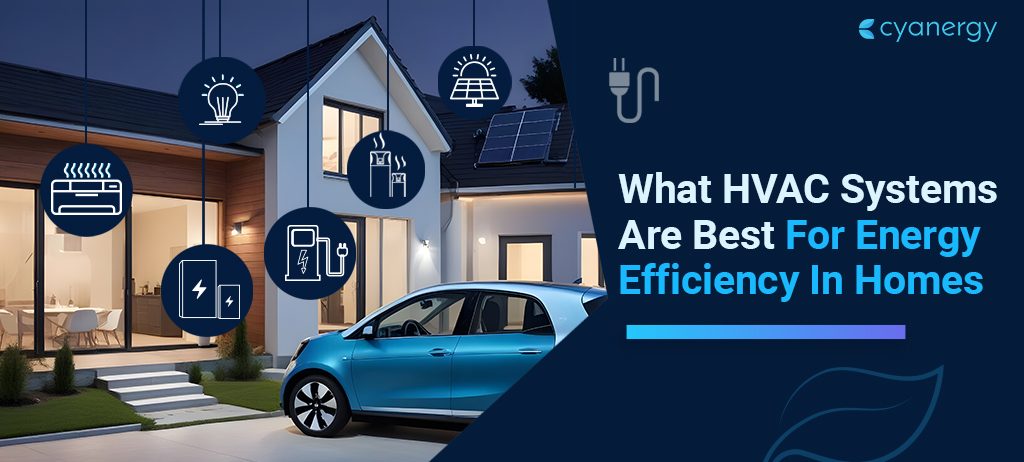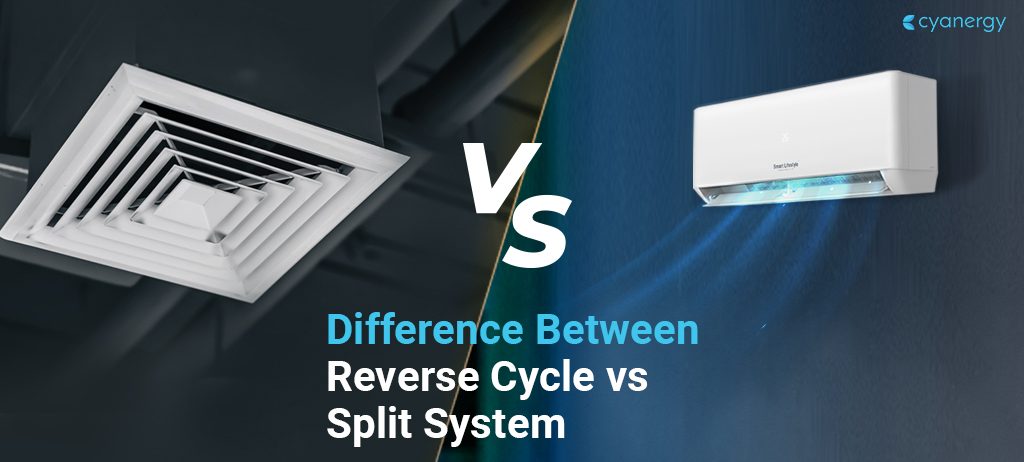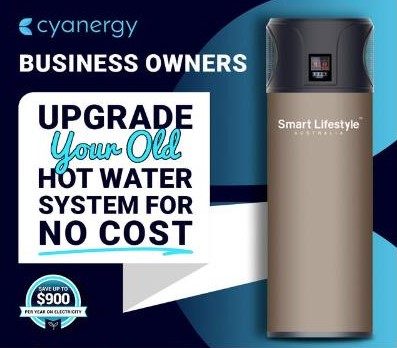Electric hot water heat pumps have been gaining popularity in recent years due to their energy efficiency and cost savings compared to traditional heating methods. They are also known as hybrid heat pumps or air source heat pumps and work by transferring heat from the surrounding air to heat water. Also, commercial buildings, such as hotels, hospitals, and office buildings, have significant hot water demand for various applications, including handwashing, laundry facilities, kitchens, and more. As a result, commercial buildings require reliable, energy-efficient, and cost-effective hot water heating solutions.
Other than that, commercial buildings are often large and require a significant amount of hot water for various purposes such as heating, sanitation, and cleaning. This raises the question; can electric hot water heat pumps be used in commercial buildings?
The short answer is YES, electric hot water heat pumps can be used in commercial buildings. In fact, they are a great option for businesses looking to save on energy costs and reduce their carbon footprint. Let’s take a closer look at why this is the case.
Why Use Heat Pumps for Commercial Properties
One of the primary benefits of electric hot water heat pumps is their ability to operate efficiently in a broad range of ambient temperatures. Although extremely cold temperatures can impact their performance, modern heat pumps are designed to work effectively even in sub-zero temperatures.
Here are some more of the reasons why –

Efficiency and Cost Savings
Electric hot water heat pumps are highly efficient, with some models achieving a Coefficient of Performance (COP) of up to 4. This means that for every unit of electricity used to power the heat pump, it can generate up to four units of heat, making them more efficient than traditional electric water heaters.
By using a heat pump, commercial buildings can save on their energy bills and reduce their overall operating costs. This is especially true for buildings that require a large amount of hot water, such as hotels, hospitals, and schools.
Environmental Benefits
Using electric hot water heat pumps can also have significant environmental benefits. They are much more energy-efficient than traditional heating methods, which means they consume less energy and produce fewer greenhouse gas emissions. This can help businesses reduce their carbon footprint and meet their sustainability goals.
In addition, some electric hot water heat pumps are designed to use refrigerants with low Global Warming Potential (GWP), which further reduces their environmental impact.
Ease of Installation
Electric hot water heat pumps are relatively easy to install, especially in existing commercial buildings. Unlike traditional water heaters that require a dedicated storage tank, heat pumps can be installed as a standalone unit or connected to an existing storage tank.
This means that businesses can retrofit their existing hot water systems with electric hot water heat pumps without the need for major renovations or disruptions to their operations.
Maintenance and Durability
Electric hot water heat pumps are designed to be durable and require minimal maintenance. They typically have a lifespan of around 10-15 years, which is longer than traditional water heaters.
In addition, since electric hot water heat pumps do not have a storage tank, there is no risk of leaks or water damage. This can help businesses avoid costly repairs and downtime.
Potential Challenges of Using a Heat Pump
While electric hot water heat pumps are a great option for commercial buildings, there are some potential challenges to consider. These include:
Upfront Cost: Electric hot water heat pumps can be more expensive to purchase and install compared to traditional water heaters. However, the long-term energy savings can outweigh the upfront costs by a huge margin.
Temperature Fluctuations: Electric hot water heat pumps rely on ambient air temperature to heat water, which means they may not perform as well in extremely cold temperatures. However, this can be mitigated by using a backup heating source or installing a larger heat pump.
Noise: Electric hot water heat pumps can produce some noise during operation, which may be a concern in certain commercial settings. However, many models are designed to operate quietly.

Cost of Commercial Heat Pump
The cost of a commercial hot water heat pump can vary widely depending on factors such as the size and capacity of the unit, the complexity of the installation, and the specific needs of the building.
According to industry estimates, the cost of a commercial hot water heat pump can range from several thousand dollars to tens of thousands of dollars, depending on the factors mentioned above. Additionally, the cost of installation and ongoing maintenance should also be factored into the total cost of ownership. The range is between $5000 to $30,000 generally but the numbers vary.
While the initial cost of a commercial hot water heat pump may be higher, it is important to consider the long-term benefits of the system, such as improved energy efficiency, reduced environmental impact, and increased reliability. Many building owners and operators find that the energy savings and other benefits of a heat pump system can result in a lower total cost of ownership over the life of the system.
Electric hot water heat pumps are a great option for commercial buildings looking to save on energy costs and reduce their carbon footprint. They are highly efficient, environmentally friendly, and easy to install and maintain.
While there may be some upfront costs and potential challenges to consider, the long-term benefits of using electric hot water heat pumps make them a smart investment for businesses looking to reduce their operating costs and meet their sustainability goals.







